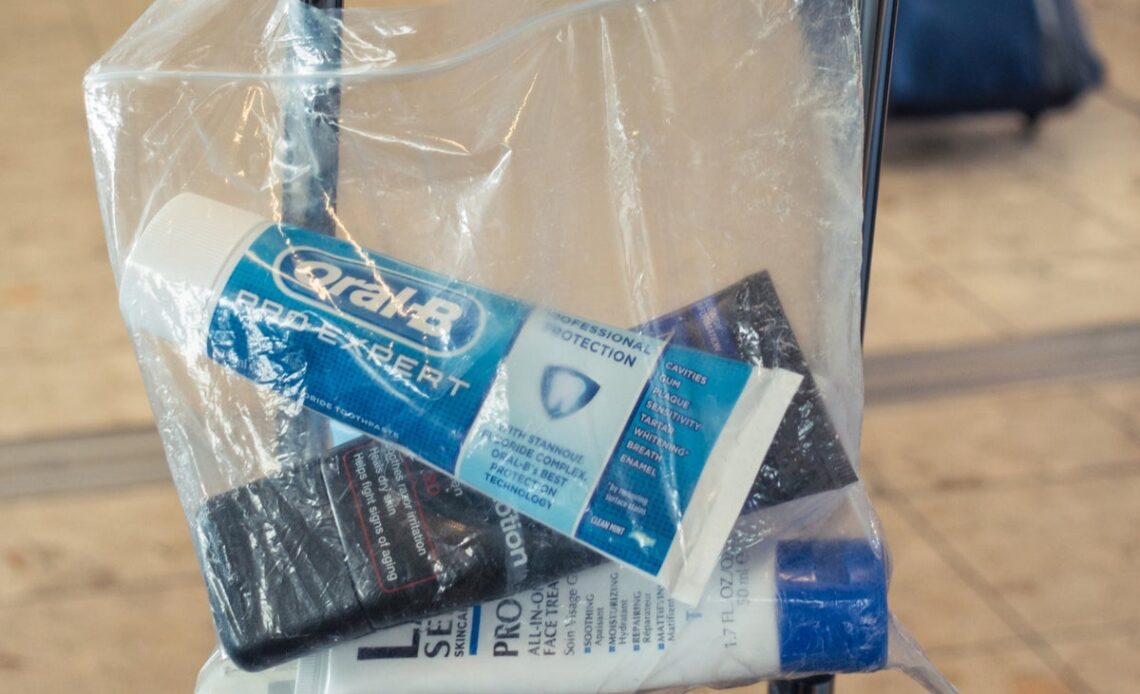Visitors to Spain will soon be able to take liquids greater than 100ml in their hand luggage.
From the end of 2023, passengers at selected airports across the Mediterranean country will no longer have to separate and decant liquids into 100ml containers, with other airports expected to follow suit in subsequent years.
New 3D scanners will eliminate the need to separate and restrict liquids, gels and aerosols, meaning travellers departing Spain will soon be able to travel with bottles of wine, olive oil or jars of honey in their hand luggage.
The changes will also see an end to the current requirement to remove electronic devices and place them in a separate tray when passing through security.
Spanish airports with the highest traffic numbers will implement the new technology first.
According to travel news site Hosteltur.com, the first scanners will be introduced at Madrid-Barajas and Barcelona-El Prat airports at the end of 2023, with Palma de Mallorca and Malaga-Costa del Sol expected to follow suit in 2025.
Gran Canaria, Tenerife Sur, Lanzarote, Fuerteventura, Alicante, Ibiza, Menorca, Valencia and Bilbao are expected to install the scanners by 2026.
The news follows a similar announcement made by the UK government in December 2022, when it revealed the rules around taking laptops and electronic devices through airport security were set to be relaxed.
From June 2024, passengers at most UK airports will be able to carry liquids in containers holding up to two litres in what will be the biggest relaxation of aviation security regulations in decades.
Liquids have been prohibited on planes in many countries around the world since 2006, following a failed terrorist plot on a plane from London involving liquid explosives.
“By 2024, major airports across the UK will have the latest security tech installed, reducing queuing times, improving the passenger experience, and most importantly detecting potential threats,” UK Transport Secretary Mark Harper said at the time.
“This won’t happen straight away – this is going to take two years to be fully implemented. Until then, passengers must continue following the existing rules and check before travelling.”
Click Here to Read the Full Original Article at The Independent Travel…
